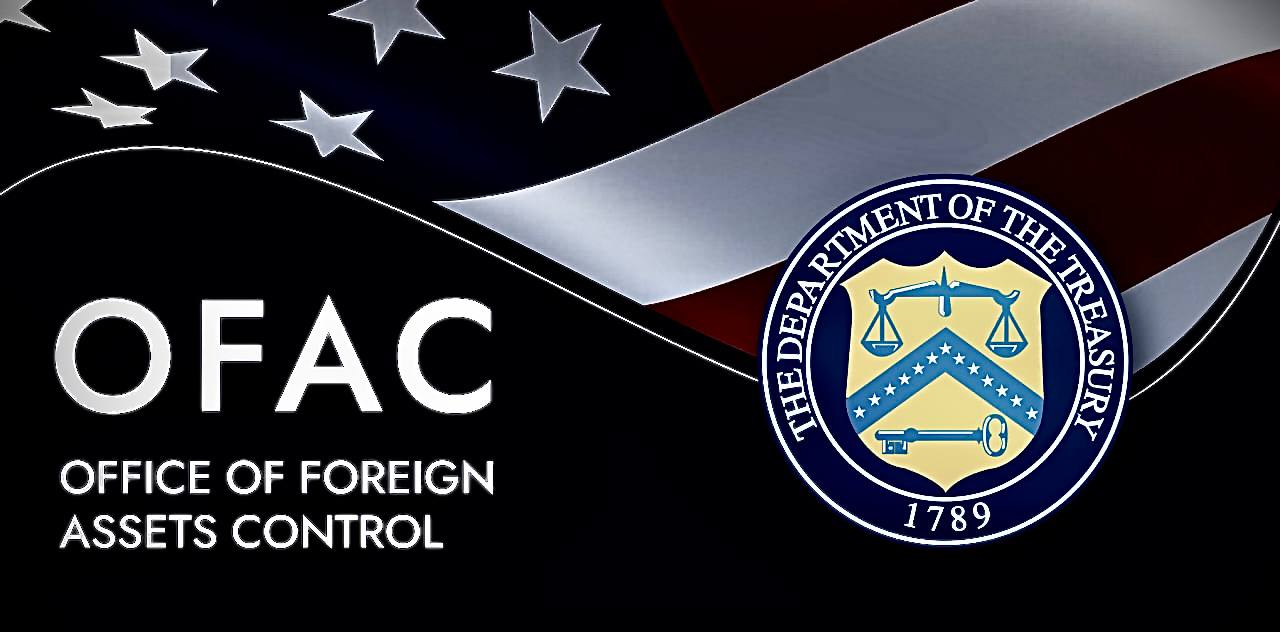
Red flags for potential OFAC violations
Adhering to international standards is a serious responsibility for individuals and companies, allowing them to conduct their activities within permitted boundaries. The Office of Foreign Assets Control (OFAC) of the U.S. Department of the Treasury is responsible for ensuring compliance with sanction programs aimed at protecting national interests and security. Companies and legal entities that violate OFAC sanctions will face consequences including hefty fines, loss of reputation, and criminal prosecution.
Stricter controls, accountability, and tougher regulations are being implemented in nearly every industry. In this context, employees need help with adhering to legal standards that affect their work, leading to the creation of a tool known as the “red flag.” A red flag is an activity or condition that increases the likelihood of violating laws or company policies. Let’s look at examples of violations, how they function, and who is responsible for detecting OFAC red flags.

What are OFAC violations and how do they work?
OFAC is responsible for administering and enforcing economic and trade sanctions imposed on specific countries, organizations, and individuals based on the foreign policy objectives and national security of the United States. OFAC’s sanction programs are based on legislative acts – the International Emergency Economic Powers Act and the Trading with the Enemy Act.
OFAC violations occur when individuals or entities, including American companies and citizens, as well as foreign entities under U.S. jurisdiction, engage in prohibited transactions or interact with sanctioned parties without the necessary authorization, for example:
- Export or re-export of goods, technologies, or services to sanctioned countries or individuals;
- Financial transactions with blocked individuals or organizations found on the SDN List;
- Circumventing sanctions through the use of intermediaries or complex corporate structures.
Companies will face sanctions for failing to meet OFAC requirements, regardless of whether they violated the rules intentionally or not. Lack of intent does not exempt from liability.
What are some common red flags for OFAC violations?
Recognizing OFAC red flags is critical for preventing violations and ensuring compliance. Below are some common indicators that may point to potential breaches:
- Unusual payment schemes. The use of third-party payments, undeclared bank accounts, or financial institutions in high-risk countries may indicate attempts to circumvent sanctions;
- Discrepancies in documentation. Differences or discrepancies in documents, such as invoices, contracts, and bills of lading, may indicate the concealment of the true nature or final destination of goods and services;
- Connections with sanctioned countries or individuals. If a client or partner has ties to countries under sanctions (for example, Iran, North Korea), or with individuals listed on the SDN List, this is considered a serious red flag by OFAC;
- Complex or opaque corporate structures. The use of offshore companies, trusts, or nominee directors could be a sign of attempts to hide beneficial owners and circumvent sanctions;
- Requests for exceptions to standard procedures. Customers or partners who ask to bypass standard compliance procedures, fail to provide the necessary documentation, or rush transactions without any apparent reason;
- Unusual behavior from counterparts. Refusal to provide information on the end use of goods or services, or providing incomplete or dubious information.
It’s important to understand who is responsible for detecting OFAC red flags. The responsibility for complying with sanction requirements falls on all participants in the supply chain and financial transactions, including exporters, importers, carriers, banks, and other intermediaries.
How can you determine if an individual or entity is on the OFAC watch list?
The Office of Foreign Assets Control (OFAC) maintains several sanction lists, the most well-known of which is the Specially Designated Nationals and Blocked Persons List (SDN List). This list includes individuals and entities that American citizens and companies are prohibited from doing business with. To determine if someone is on an OFAC watch list, it is recommended to take the following steps:
- Checking through the official OFAC website. Visit the U.S. Treasury Department’s website and use the SDN List search tool to check a name or company name;
- Many organizations are implementing specialized software solutions, including systems for automatically screening counterparties against sanction lists, with real-time updates;
- Conducting an extended background check. If there are matching names or suspicions, it is recommended to carry out a thorough analysis, which includes checking additional information such as date of birth, addresses, affiliations, etc;
- Consultation with legal experts. If you have doubts or find yourself in complex situations, it’s recommended to seek assistance from OFAC lawyer.
Failing to adhere to these measures can lead to serious consequences. Examples of OFAC violations include instances where companies unknowingly conducted business with individuals on the SDN List, resulting in multimillion-dollar fines and loss of business reputation.
The penalty for violating OFAC regulations can be substantial. Under the International Emergency Economic Powers Act, civil penalties can reach up to $311,562 or twice the value of the transaction for each violation, whichever is greater. Criminal penalties can include fines up to $1 million and imprisonment for up to 20 years for individuals.
Given the serious consequences of OFAC violations, we recommend seeking legal assistance. Our lawyers at Interpol Law Firm have years of experience in international sanctions law. Our team will help you navigate through complex regulatory requirements. We offer services in risk assessment, compliance program development, staff training, and conducting internal investigations. By working with us, you’ll be able to effectively identify and manage OFAC red flags, ensure compliance with all applicable laws, and avoid potential sanctions.


